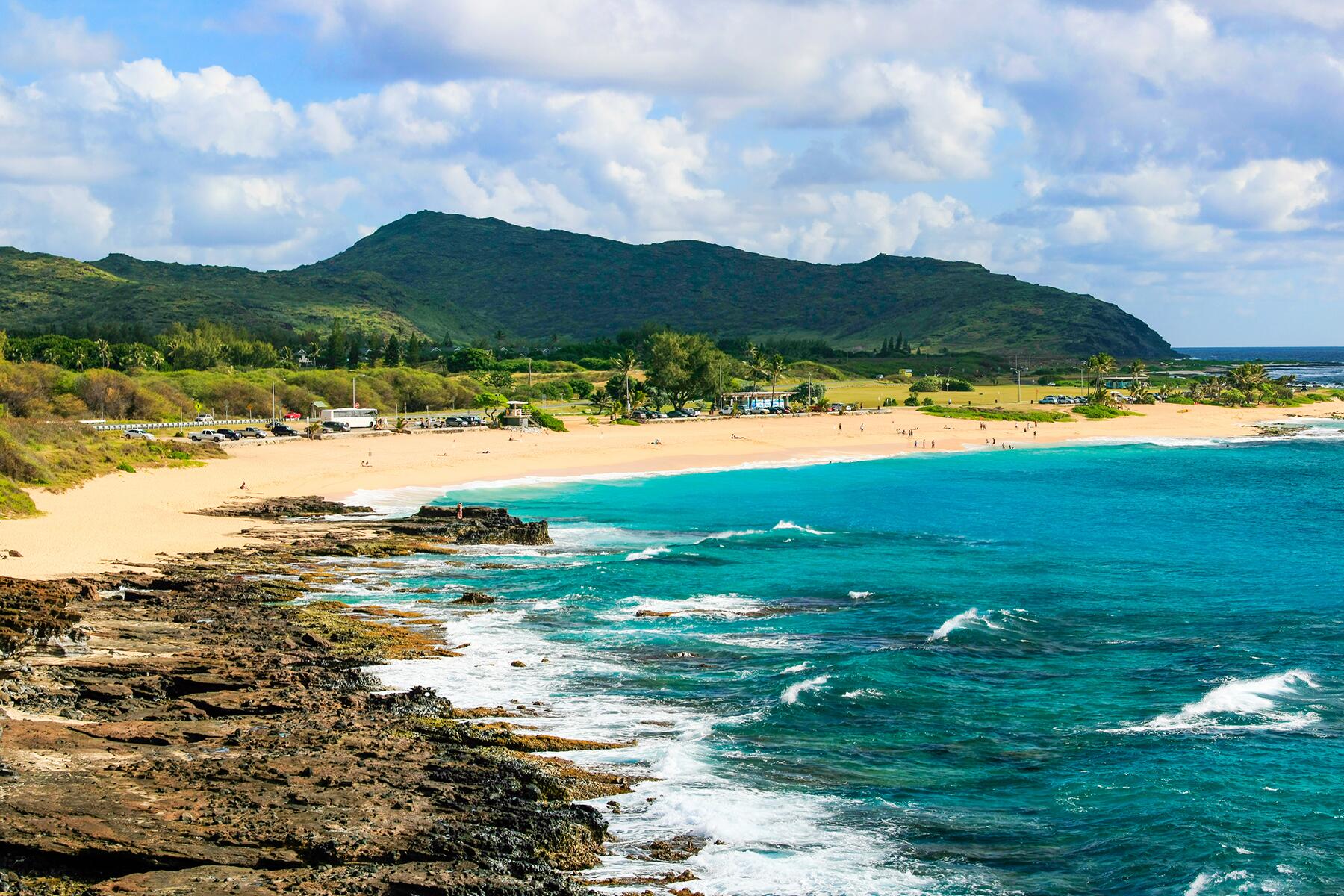Blood is thicker than water (cause you’ve got sunscreen in it).
We’ve been trusting sunscreen to keep us safe for decades. But could it be turning on us? Headlines warning everyone that “Sunscreen Is Entering Your Blood Stream” have been popping up all over the internet, just in time for beach season. So should we panic? Risk UV instead of SPF damage? Cancel our beach vacations entirely? We did a little digging to find out.
What, Exactly Is Seeping Into My Blood?
Some of summer’s more worrying headlines have come to us thanks to a recently published study warning us all that certain chemicals in sunscreen are finding their way into our bloodstream soon after we put it on. Here’s the TLDR of the study: scientists tested four different commercial sunscreens (in spray, lotion, and cream form) on study participants and found that four chemicals—avobenzone, oxybenzone, octocrylene, and ecamsule—entered their blood streams at levels higher than the FDA recommends in as little as one day of use.
How Worried Should I Be?
“Absorbed” and “blood” and “chemicals” are words you prefer not to see together. But that doesn’t mean that you should throw up your hands and accept your crispy fate. According to the study’s own conclusion, these results don’t mean that individuals should stop using sunscreen. For now, the only hard and fast takeaway from this study is that the government now has to conduct its own investigation regarding the safety of those chemicals. We checked with the American Academy of Dermatology, and so far “allergic reaction” is one of the only known side effects of these chemicals in the state of research so far.
Recommended Fodor’s Video
Is It Safer to Skip the Sunscreen?
You should also know that participants used the maximum dosage and covered 75% of their bodies in sunscreen four times a day, which is a lot of sunscreen, even for the most diligent of beachgoers. Whether or not this finding will definitively affect how you’re recommended to use sunscreen remains to be seen. So, for the time being, on a purely academic level, there’s more reason to put on sunscreen than to avoid it.
There’s more reason to put on sunscreen than to avoid it.
“The sun is the real enemy here,” Scott Faber, senior vice president for government affairs at the Environmental Working Group, told CNN. “This study is the FDA’s way of showing sunscreen manufacturers they need to do the studies to see if chemical absorption poses health risks.”
This isn’t the first time sunscreen and the effects of certain chemicals have been in the news recently. Hawaii, Key West, the Caribbean island of Bonaire, and the Pacific archipelago Palau all recently decided to ban certain sunscreens because of the damage they do to coral reefs. The issue is, specifically, with sunscreens that include two: octinoxate and oxybenzone. Both of which have been determined to cause damage to coral reefs the latter of which being one of the chemicals.
If you’d rather put your mind at ease until further and more conclusive studies are done, your best bet is going to be opting for a sunscreen that doesn’t use octinoxate or oxybenzone, like Mama Kuleana’s Reef Safe Sunscreen or Thinksport’s Safe Sunscreen.




